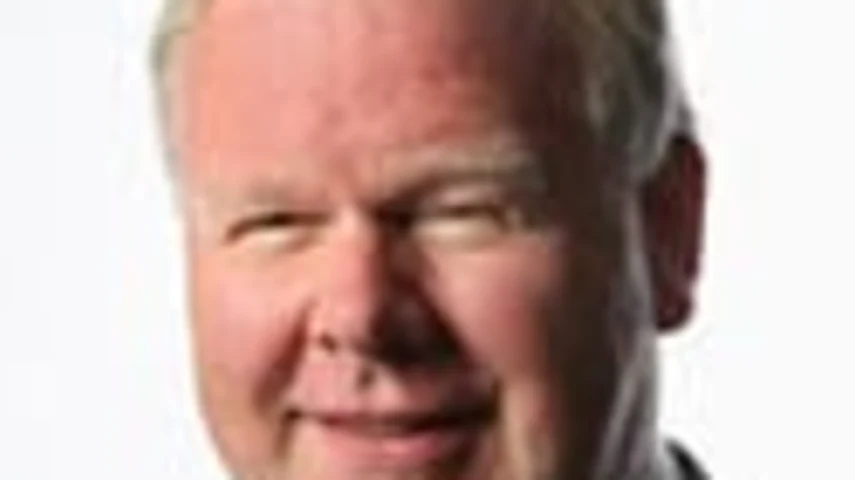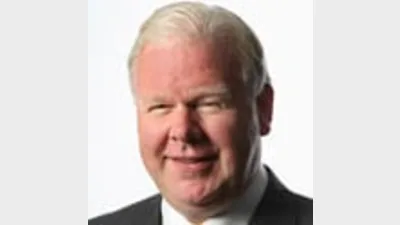ANZ profit down, impairments up



|
|
Fresh from taking full ownership of ING’s wealth management operations in Australia and New Zealand, ANZ Banking Group has announced a hefty increase in provisioning and an 11 per cent decline in net profit after tax.
The big banking group announced a net profit after tax of $2,943 million and an increase in provisions of 46 per cent to $3,056 million, owed in large part to difficulties in New Zealand.
However, the banking group’s Australian wealth business struggled, with profit after tax down 85 per cent.
Commenting on the result, ANZ chief executive Mike Smith said while 2009 had been the most difficult year in many decades for financial services around the world, ANZ had remained financially robust.
“This result highlights the momentum we now have, which is assisting us to deliver on the priorities we set for ANZ in December 2007,” he said. “We’ve made good progress with the turnaround of institutional, revenue is growing faster than costs, we are delivering excellent results in Asia and our largest franchise — Australia — is performing well."
Smith said, importantly, ANZ had been able to work from a position of strength to take advantage of strategic growth opportunities in its core geographies.
“In wealth, we are moving to full ownership of ING Australia and ING New Zealand, and in Asia we’ve agreed to acquire RBS businesses in six countries,” he said.
Looking specifically at Australia, Smith said the region had performed well, producing a 13 per cent increase in net profit after tax to $2,560 million.
Recommended for you
In this episode of Relative Return Insider, host Keith Ford and AMP chief economist Shane Oliver unpack the RBA’s decision to keep the cash rate on hold in the face of rising inflation and whether the governor’s hawkish tone is a sign of things to come.
In this episode of Relative Return Insider, host Keith Ford and AMP chief economist Shane Oliver discuss the September quarter GDP figures, which show Australia’s economy regaining momentum.
In this new episode of The Manager Mix, host Laura Dew speaks to Haley Devine, head of wealth management at MaxCap Group, to delve into private credit and commercial real estate.
In this new episode of The Manager Mix, host Laura Dew speaks to Benjamin Leung, head of systematic investments at Macquarie Asset Management, to understand the use of systematic investments.







